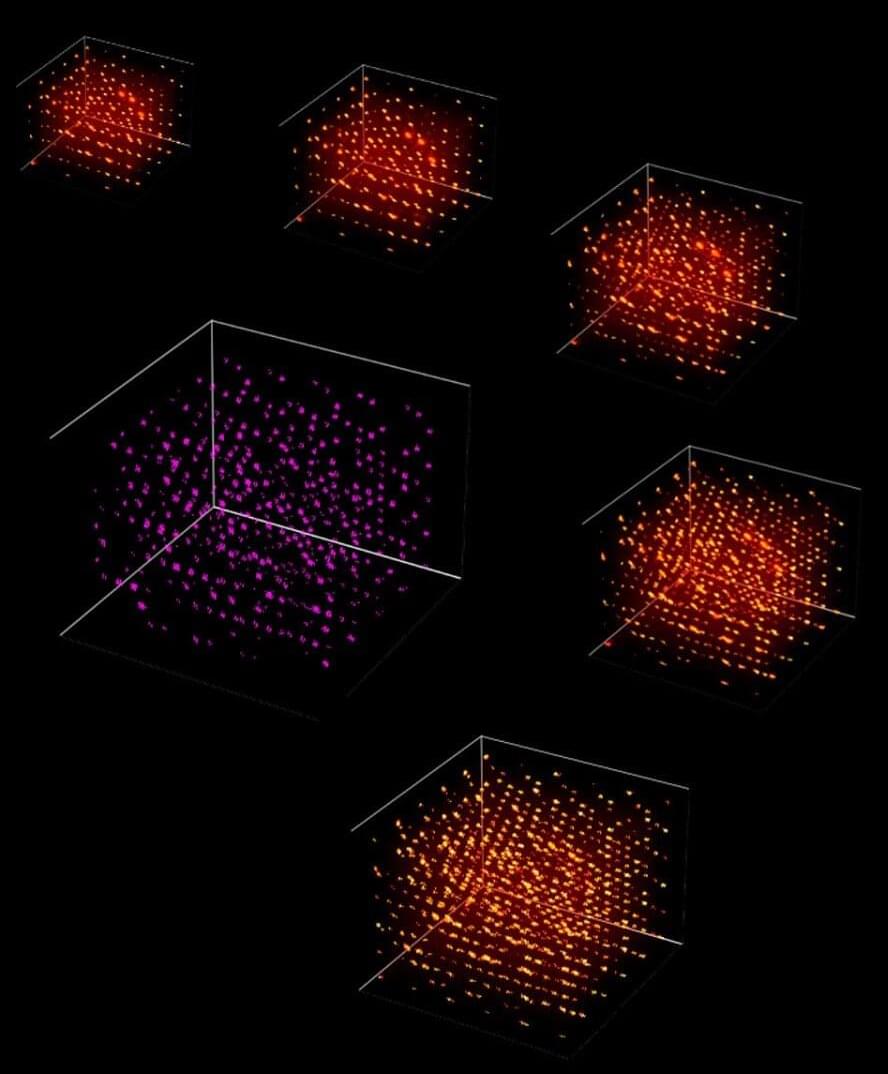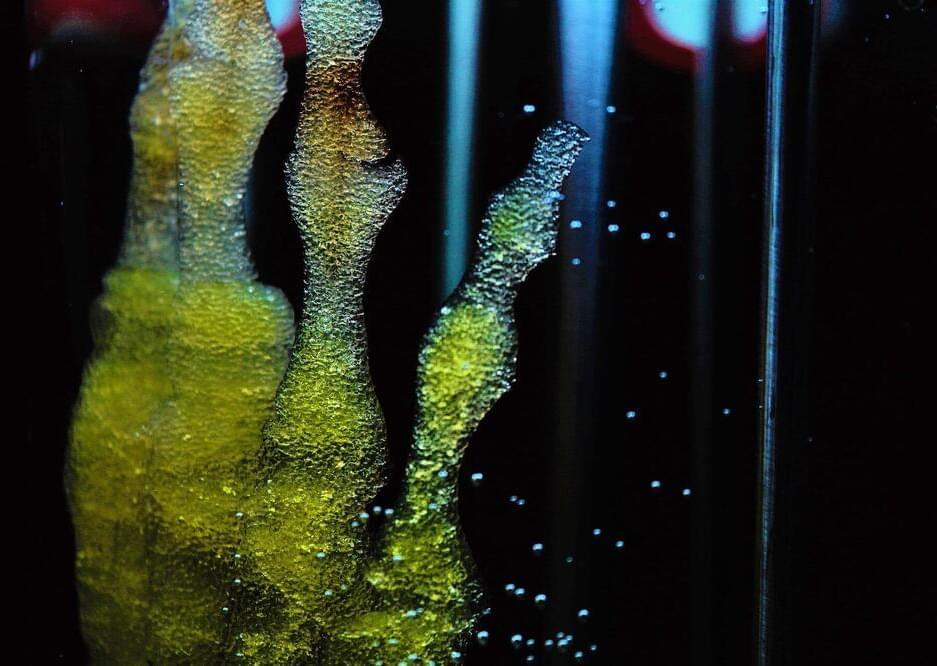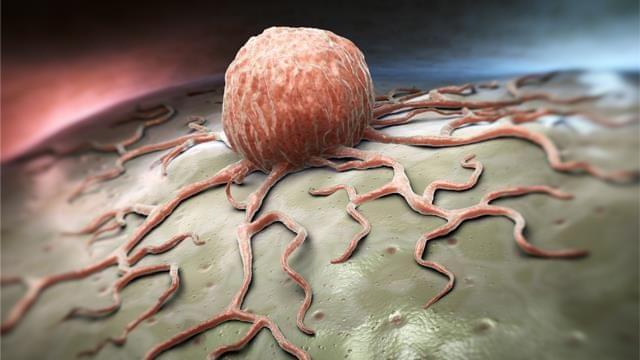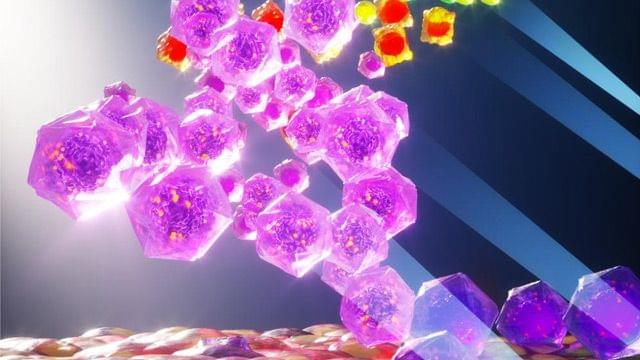They ve got it swimming.
Ghost Robotics makes the robotic dog, and the “tail” system that enables it to swim is called the Nautical Autonomous Unmanned Tail, or NAUT.


Electrons and their behavior pose fascinating questions for quantum physicists, and recent innovations in sources, instruments and facilities allow researchers to potentially access even more of the information encoded in quantum materials.
However, these research innovations are producing unprecedented—and until now, indecipherable—volumes of data.
“The information content in a piece of material can quickly exceed the total information content in the Library of Congress, which is about 20 terabytes,” said Eun-Ah Kim, professor of physics in the College of Arts and Sciences, who is at the forefront of both quantum materials research and harnessing the power of machine learning to analyze data from quantum material experiments.

Imagine if you could repair damaged tissue in your organs. That is what stem cell research is working towards, because stem cells have tremendous potential to produce the cells of organs such as the liver, pancreas and intestine.
For decades, scientists have attempted to mimic the path that stem cells follow in order to form, for example, organs in embryos. However, despite extensive efforts, getting cells to properly develop in the lab has been very difficult. But they may have overlooked an important step and maybe missing another type of stem cells, suggests a new study from the University of Copenhagen.
“Very simply put, a number of recent studies have attempted make a gut from stem cells in a dish. We have found a new way to do this, a way which follows different aspects of what happens in the embryo. Here, we found a new route that the embryo uses, and we describe the intermediate stage that different types of stem cells could use to make the gut and other organs,” says Ph.D. student at Martin Proks, one of the primary authors of the study from Novo Nordisk Foundation Center for Stem Cell Medicine at the University of Copenhagen (reNEW).


Charging technology provider EV Safe Charge has unveiled ZiGGY – a mobile robot that can charge an EV wherever it’s parked. Through its ability to recharge itself via different energy sources and its summoning feature, ZiGGY can alleviate the need to install specific parking stalls for EV charging, as any spot can now become a spot to recharge.
EV Safe Charge currently provides end-to-end charging solutions, particularly as it pertains to mobile charging. The company created a mobile rental charging solution for the launch of Jaguar’s I-PACE EV and works with several other OEMs like Audi, Mercedes-Benz, Nissan, Porsche, and Stellantis.
Previously, EV Safe Charge has helped find its clients ideal charging solutions based on their needs, recommending charging technology from a multitude of partners including ABB, Enel X, evconnect, and Bosch.
Everything is about to be illuminated.
A team of researchers from Imperial College London and Newcastle University has just observed what happens after light strikes solar cells.
The researchers employed a cutting-edge technique to analyze organic photovoltaic (OPV) materials that harvest the sunlight to generate electricity and peered into the first fractions of a second after light meets the cells, a press release states.


Researchers from Wake Forest University School of Medicine have discovered a possible new approach in treating solid tumors through the creation of a novel nanoparticle. Solid tumors are found in cancers such as breast, head and neck, and colon cancer.
In the study, Xin Ming, Ph.D., associate professor of cancer biology at Wake Forest University School of Medicine, and his team used a nanoparticle to deliver a small molecule called ARL67156 to promote an anti-tumor immune response in mouse models of colon, head and neck, and metastatic breast cancer, resulting in increased survival.
The study is published online in the journal Science Translational Medicine.

The macula is part of the eye’s retina, which is the light-sensitive tissue mostly composed of the eye’s visual cells: cone and rod photoreceptor cells. The retina also contains a layer called the retinal pigment epithelium (RPE), which has several important functions, including light absorption, cleaning up cellular waste, and keeping the other cells of the eye healthy.
The cells of the RPE also nourish and maintain the eye’s photoreceptor cells, which is why one of the most promising treatment strategies for age-related macular degeneration is to replace aging, degenerating RPE cells with new ones grown from human embryonic stem cells.
Scientists have proposed several methods for converting stem cells into RPE, but there is still a gap in our knowledge of how cells respond to these stimuli over time. For example, some protocols take a few months while others can take up to a year. And yet, scientists are not clear as to what exactly happens over that period of time.

A new peer-to-peer botnet named Panchan appeared in the wild around March 2022, targeting Linux servers in the education sector to mine cryptocurrency.
Panchan is empowered with SSH worm functions like dictionary attacks and SSH key abuse to perform rapid lateral movement to available machines in the compromised network.
At the same time, it has powerful detection avoidance capabilities, such as using memory-mapped miners and dynamically detecting process monitoring to stop the mining module immediately.